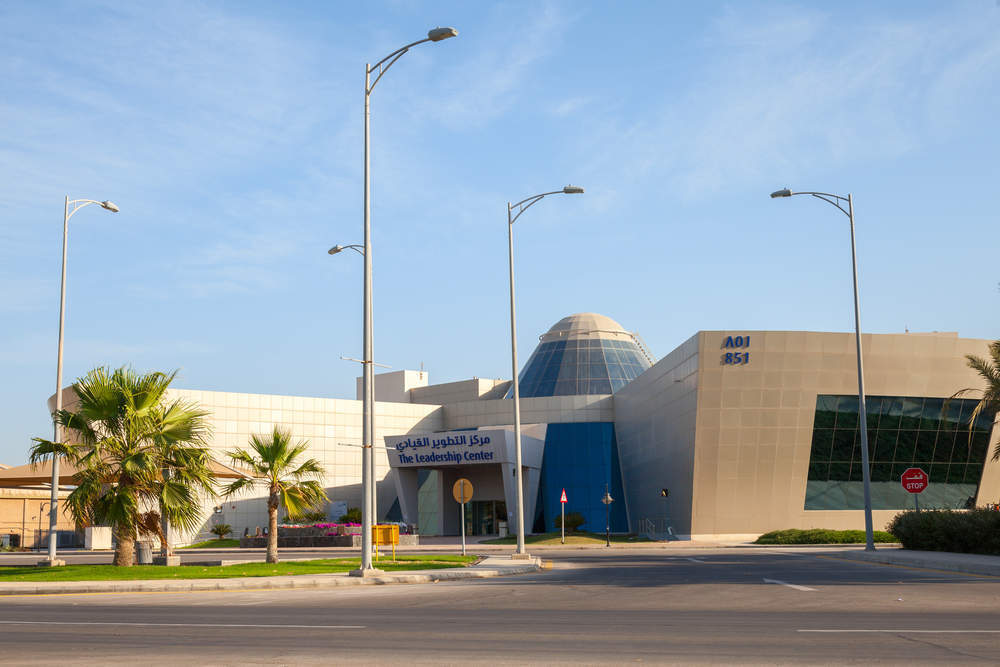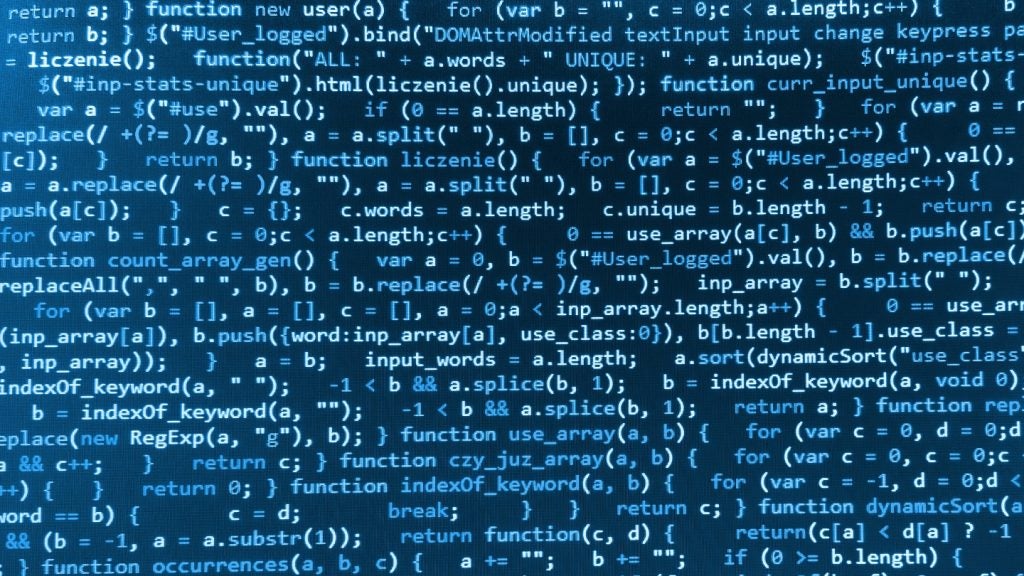
Almost four years after King Salman succeeded to the Saudi Arabian throne and made his son Prince Mohammed a minister with a mandate to accelerate reform, the kingdom’s domestic and foreign policies are reverting to pre-2015 norms.
Saudi Aramco’s initial public offering (IPO) was not in the government’s transformative Vision 2030 strategy. But reports it will not happen next year, as promised, suggest the drive behind the radical agenda it defined is fading.
This is only partly due to forecasts that Saudi Arabia’s oil export earnings this year will be 70% higher than in 2016 and its budget deficit in 2019 should be sharply lower.
The kingdom still needs foreign finance, but on terms it wants, not the conditions investors will set for buying shares in the world’s largest oil producer.
Securing full control of Saudi Aramco, which was incorporated as a 100% Saudi company in 1988, took two generations to complete. Every Saudi Aramco executive has known nothing else. There is a case for an international IPO in theory. In practice, it could undermine Saudi Arabia’s capacity to act with minimal external interference.
The delay marks the end of Saudi Arabia’s honeymoon with Donald Trump, who made his first overseas visit as US president to Riyadh in May last year and lobbied for Saudi Aramco to list in New York.
How well do you really know your competitors?
Access the most comprehensive Company Profiles on the market, powered by GlobalData. Save hours of research. Gain competitive edge.

Thank you!
Your download email will arrive shortly
Not ready to buy yet? Download a free sample
We are confident about the unique quality of our Company Profiles. However, we want you to make the most beneficial decision for your business, so we offer a free sample that you can download by submitting the below form
By GlobalDataThe disenchantment started with Trump’s decision to recognise Jerusalem as Israel’s capital, which King Salman opposed, and personally open the US embassy in the city in May.
He compounded the insult the following month by misrepresenting in a Twitter message a telephone conversation he had with the Saudi head of state about oil prices. This was offensive, but still redeemable.
The key issue for Riyadh is that Trump’s domestic credibility is crumbling. He looks like a one-term president who will be a lame-duck after America’s November mid-term elections, which his party will probably lose.
There is nevertheless no fundamental threat to the kingdom’s partnership with the US. Trump’s decision to withdraw from the Iran nuclear deal and reimpose sanctions are a welcome sign that America has stopped wooing Tehran. It has lifted oil prices and created space for additional Saudi oil exports. But Riyadh wants Tehran to stop interfering in Arab states, not a new Iranian revolution, as some in the US administration seem to favour.
Breaking relations with Canada about public criticisms of the kingdom’s treatment of dissidents may be the last foreign policy departure of King Salman’s reign. The point has been made and will not need repeating. Allowing women to drive will also probably be his sole significant social reform.
Syria’s President Bashar al-Assad has not been deposed, but he is dependent upon Russia, which is, like everyone else, anxious to maintain good relations with the kingdom. UN attempts to broker talks between Houthi rebels and the Yemen government are not working. The Saudi-led coalition renewed an attempt to capture Hodeidah in mid-September. The only certainty is Yemenis will suffer.
Business as usual
Other things never change. For business, Saudi Arabia, the Middle East’s largest export market, remains irresistibly attractive.
The Washington-based IMF said in August that the Saudi economy will grow about 14% in current terms this year and should continue to expand while remaining exceptionally creditworthy for the foreseeable future.
Banks have been appointed to advise Saudi Aramco on its plan to acquire up to 70% of the shares in Sabic held by private investors. The deal could be worth $70bn and generate tens of millions of dollars’ worth of fees for foreign bankers and lawyers.
There were fears that spending cuts imposed following the 2014/15 oil price slump, the introduction of VAT in January and increases in utility prices would lead to recession. But these are being dispelled by the postponement of the target date for the government to balance its budget to 2023 from 2019. The Saudi government, encouraged by oil approaching $80 a barrel, is preparing to further increase public spending.
The IMF says the government is transferring 1.7% of GDP from its deposits at the Saudi Arabian Monetary Agency (Sama) to specialised credit institutions for on-lending. The Public Investment Fund alone is planning to invest up to 2.8% of GDP. All this is outside the 2018 budget’s spending commitments.
Vision 2030 targets remain in place. But those doing business in and with the kingdom are focusing on incremental reforms that are being systematically implemented.
A bankruptcy law has been approved. New public procurement and competition laws are being developed. Further innovations including speedier approval of business licences are expected. Eye-catching public-private partnership projects are planned.
Foreign direct investment (FDI) in the kingdom slumped in 2016 and confidence has been shaken since by the arrest last summer of prominent business people as part of a crackdown on corruption. Some are still in detention. The IMF says the government plans to relax restrictions on foreign investment to reverse the FDI trend. It is unlikely the business elite will suffer further official assaults.
This is all good news for business. And it is evidence that Saudi Arabia, still the Arab world’s most influential nation, is once again concentrating most on the hard grind of detailed governance at home.
This article is sourced from Verdict’s sister publication www.meed.com, a leading source of high-value business intelligence and economic analysis about the Middle East and North Africa. To access more MEED content register for the 30-day Free Guest User Programme.







